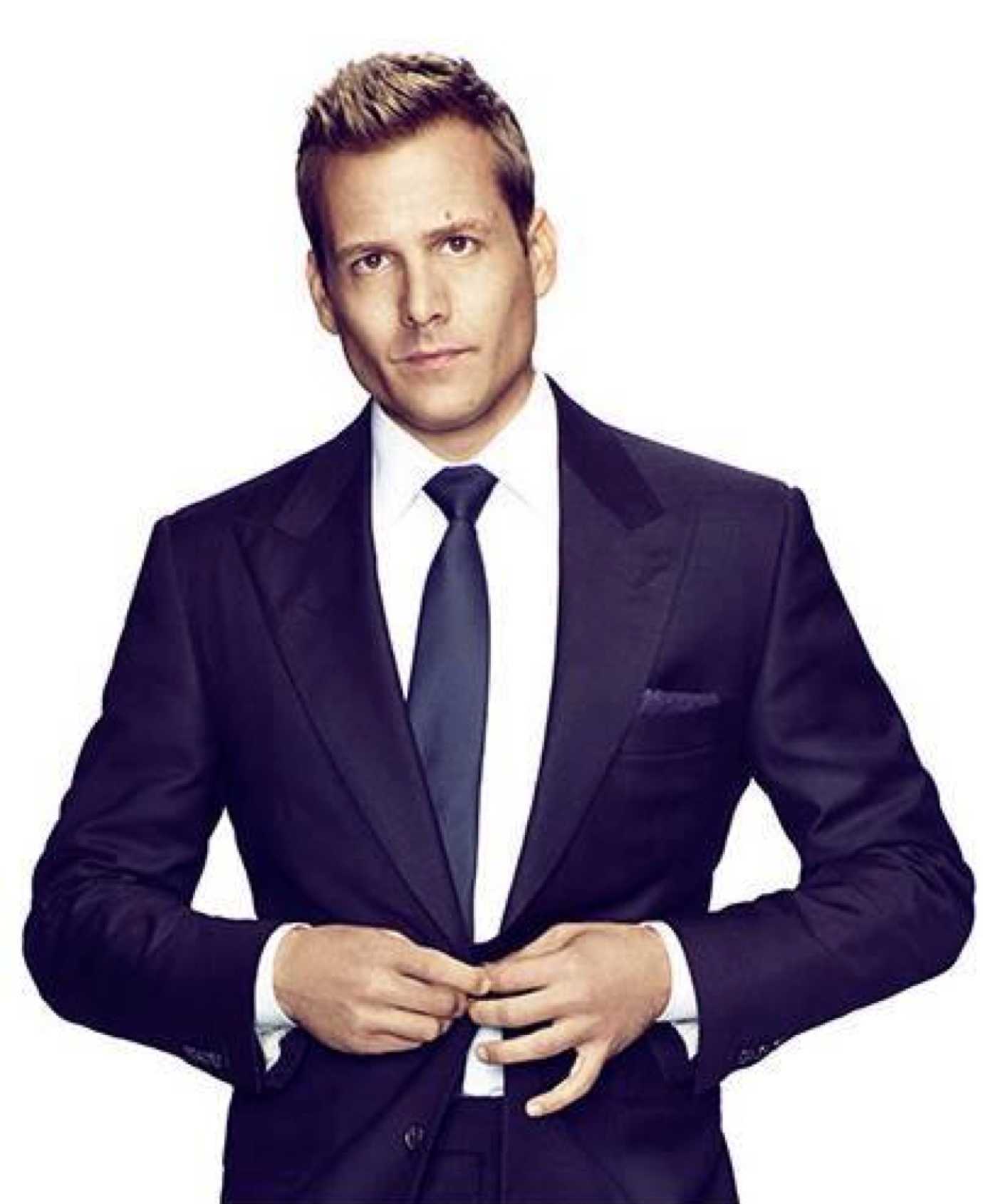Only Keep Score Against Yourself
How do we know when we’re successful?
There’s no formal award ceremony denoting success. There’s no set quantity of stuff we can acquire and suddenly we’re sure.1 We can’t inherit our parents’ success — only the results of it. We can’t buy or steal success, either.

If you’ve ever subjected yourself to the horrors of reality television, a few minutes of the petty nonsense on The Real Housewives of Wherever is all the proof we need that having a bunch of fancy crap doesn’t correlate with success at all.

Worse, what feels like success now can slide out from under us and feel like stagnation or failure, like a kid who feels so proud of her B+ on the math test until her parents ask, “Why didn’t you get an A?”
The fluidity of success — or, more precisely, of feeling successful — has been on my mind recently, due mostly to some big changes I’m navigating.
The feeling of success is a maddening subject: everyone wants to feel successful, but how we define and measure what success feels like is infinitely varied.
So let’s try to pin it down, yeah?
Objectively, It’s Hard to Argue Against Our Success.
At first blush, success doesn’t seem hard to nail down. After all, don’t we have perfectly valid, objective definitions of success?
Let’s do a quick run-down of all that ways I’m really successful, shall we?
- Nothing tries to eat me. Ever.
- It’s below freezing and snowing outside, but I live in a heated box with a hot beverage and access to an army of delivery drivers.
- The likelihood that I’ll be knocked out of my spot at the top of the food chain is so low that it would be a legitimate reason to doubt my grasp on reality if I started to worry about it.2
- Thanks to the internet and the growing ability to do almost everything remotely, I have virtually unlimited options for what I do to earn a living. When I wanted to make money building websites while living on an island in Thailand, _that was a perfectly fucking realistic option*.
- I had the freedom to “find my passion” — and to learn (the hard way) why that’s a bad idea.3
- I make more than USD $32,000 per year, so I’m in the top 1% of global wealth distribution.
“You don’t understand!” The shrill note in his voice rising toward hysterics. Onlookers watch in embarrassed silence. “There are fucking bears! They can eat us! How is no one concerned about this?!”
This is something Nate and I talk about at length in Refocus, but the short version is this:
We’re told to follow our passion, which will allow us to build a livelihood where we’re masters of our craft and happy in our work. But that’s not how it works; instead, we have to work toward mastery — and at first it’s a miserable fucking slog — but out of that mastery we gain a deep satisfaction with our work, which becomes happiness and passion.
Of course, this isn’t true for everyone — but since you’re reading about feeling successful, I’ll make an educated guess that most of this list applies to you as well. All of which makes a pretty compelling case that we were born objectively successful, and will likely stay that way unless something goes horribly wrong.
The Problem With Objective Success
But despite being — y’know — true, measuring success objectively is met with eye rolling and near-instant dismissal. When someone interrupts us mid-complaint-turned-angry-rant to remind us how lucky we are, it feels less like a confirmation of our success and more like a lecture from our parents about “starving kids in Africa” when we don’t want to eat our spinach.4
Yes, the world is awful. Yes, most people have it worse than I do. Yes, I’m really lucky. But also, fuck off with your sanctimonious bullshit, because they just promoted goddamn Todd over me, okay?
A conversation about why this happens inevitably spirals outward and downward until eventually we land on the greatest conundrum in the human tragedy: people don’t like facts; they like feelings.
All the objective truth around us proves that — simply by being born in the first world — we’ve already won life by any reasonable measures. But since everyone we know has also won life, it doesn’t feel very good.
What feels good is being a winner among losers. And since the reasonable criteria for success are “too easy”,5 we had to make up unreasonable criteria.
Sometimes I hear words come out of my mouth, and I think about what I just said, and I realize how easy it is to become a total shitbag.
“Look, it’s fine. Okay? But as foie gras goes, it’s not blowing me away.”
Success by ownership: there’s a pile of shit in my house to prove I’m not a piece of shit.
Five or six years ago I found myself in a fancypants kitchen store looking at pots and pans. At this point in my life, I cooked meals maybe three times a year.
Logically, I knew this. Hey, self, I thought with my smart brain, you don’t need much, here. Grab a decent frying pan and get out of here.
Now wait a damn minute, here, chimed in my Idiot Lizard Brain, if you don’t have the best pans money can buy, who will ever love you?6
Did I really believe that the right cookware would help me find love? Logically speaking, of course not. But, as this black pit of existential despair masquerading as a book will tell you, a concerning amount of consumerism is driven by a vestigial urge to display wealth in an effort to prove we’re worth bumping uglies with.
I felt the damp sheen of fear sweat. Felt my lungs shrink and my heart thump and my mouth go dry. I set down the perfectly-fine frying pan I was holding and reached for one with a special copper core that was guaranteed to distribute heat more evenly or something. I imagined perfectly-cooked meals, the booming success of my imaginary dinner parties, the awed respect in my imaginary guests’ voices as they gasped, “My god — is that the skillet with the special copper core?”
When the dust settled, I’d spent over a thousand dollars on a complete set of pots and pans. I didn’t have a thousand dollars to spend; I spread the purchase across two credit cards.

I probably used the stock pot once. The skillet less than a dozen times. A year and a half later I sold it all for maybe 20% of what I paid for it.7
It was another year before I’d finish paying off my credit cards.
What happened? To be perfectly honest, I have no fucking idea. I just felt that I needed the nicest set. Or at least the nicest set out of all of my friends.
How else would everyone who came to my apartment know how successful I was?
Success by comparison: you have a thing, so obviously I need the nicer version of that thing.
Once, I was in an upscale bar in Vancouver, BC, drinking a $12 cocktail. It’s 4pm. Marisa and I are both out of todo items, so we’ve packed up and left the coffee shop we’d been working in to kill time until our dinner reservation.
In short: we’re living easy.
To my left, a couple guys walk in, fresh from the office. One is rocking a perfectly tailored three-piece suit, a fantastic trench, and a hat that belonged on a film noir detective. The other is dressed even better.

For the briefest of moments, I am utterly convinced that unless I have a nice suit, I’ll never be as successful as these guys, and all the men like them who show up in Esquire and James Bond and Mad Men.
It feels bad.
Which is ridiculous, because I know how good I have it. The smart part of my brain has no doubt that I’m happiest where I am right now, but I still sit there feeling jealous of this bro with a power tie and a haircut like he’s Harvey fucking Specter.
Later, I spent some time reflecting on exactly how much I like my life. But this is pretty new for me; historically I wouldn’t have realized I didn’t actually want a suit until after I’d bought it, worn it once, and left it in my closet for a year.
How to Feel Successful: Stop Keeping Score
There’s this scene burned into my memory, and whenever I replay it I can feel the blood rushing to my face: I’m at dinner with the Precision Nutrition team, where the topic of conversation wanders onto the idea of success. As the scene opens, I am haranguing the group.
I’m feeling slighted because strangers dismiss me as an “average human”. This is obviously an unforgivable offense.
In the course of my rant, I use the phrase, “…and I could buy and sell that guy, and he doesn’t even know it!” I mean this in the same douchebag sense that one might screech, “Don’t you know who I am?”
Someone at the table remarks, “You’re awfully concerned with how you stack up to other people.”
I’m humiliated. I sulk about it. I probably push my food around my plate like a sullen teenager.
It was much later when I realized that my constant worry over comparison was a disturbing insight into my contentment — or lack thereof.
Who are you measuring against?
If our self-worth is tied to what other people are capable of, we’ll always be miserable.
If we’re looking to beat ourselves up, someone is always more impressive. Natalie Portman graduated from Harvard at the same time she was making Garden State, for chrissakes; we’re not going to top that.

Or, if we’re looking to comfort ourselves, we can always find someone doing worse. If all we’re looking for is someone to make us look good by comparison, Kanye’s latest meltdown8 is all we need.
I assume there was a Kanye meltdown recently.
Someone will always be better, and someone will always be worse.
There are too many variables.
If I were to spend the rest of my life practicing my breakfast sandwich technique, I could maybe get to the point where someone called my breakfast sandwiches the best breakfast sandwich in the world. That’s success, right? I’d be the best!
Except someone else is vegetarian, and someone else doesn’t eat gluten, and someone else doesn’t like mayonnaise. So to them, I’m not the best. And of course, if I’m asked to make Eggs Benedict, I’m going to be mediocre at best.9
And if I had to change a tire, I’d die of starvation before I finished.
We all have strengths and weaknesses. We all started at different times, with different levels of background knowledge. Comparing our success to someone else’s is apples and oranges; it all boils down to opinions and rhetoric in the end.
Instead, the only way we can realistically measure our success is to measure against ourselves — and only ourselves. Am I better than I was yesterday? Than I was last year?
That is progress. That is success.
Success Is Cumulative
If we’re only measuring against ourselves, the conversation becomes very different. We’re no longer looking at other people and panicking because they have things we don’t have, or know things we don’t know. We’re already sure of it — and that’s okay.
Instead, we’re looking at what we’re working toward, and answering a single question each day: Did I do something today to take me closer to where I want to be?
Success means answering “yes” more often than we answer “no”. And that’s all it means.
Success is not the stuff we own, or our bank balances, or any of the other crap we get fed by advertising or social norms or The American Dream™. Success is having a target and knowing that you’re putting most of your effort toward hitting that target. And then setting a new target once you’ve hit the first one. Because the target is always moving.
Because if we can stop evaluating success as a subjective measure of us vs. them, we can leave the panic of “keeping up with the Joneses” behind.
And that leaves us free to define success by what makes us happy, instead of what keeps us competitive.
What to do next.
If you listen to typical business advice, the only way to advance in your career is to sacrifice your life outside of work. “The only way you’ll get ahead,” it claims, “is to hustle harder than everyone else.”
It seems like you have to choose: your career or your life.
But I think there’s a third choice. You can have a great career and a great life. And I’ve written a free guide to show you how to do it.
Inside, I share 3 daily actions I’ve used to grow my career while living a wonderfully fulfilling life outside of work. And I lay out how you can start living a better life, too — starting today.